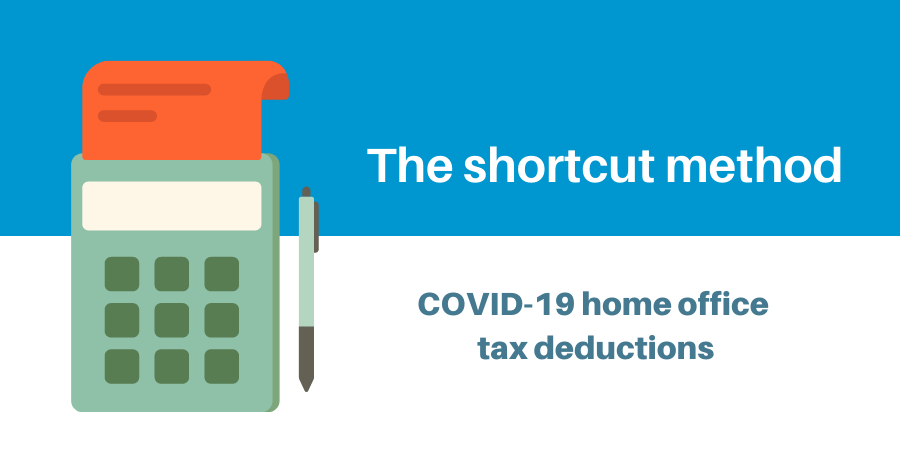With the world in lockdown due to COVID-19, you and your partners may be doing a lot of work from home or even working from home primarily. Is your home-office deduction into your financial mix?
If you operate your business as a partnership, you have two ways to correctly deduct your home-office expenses.
If you have a tax-deductible home office and operate as a partner in a partnership, you have two ways to get a tax benefit from the home office:
- Deduct the cost as an unreimbursed partner expense (UPE),
- Get reimbursed from your partnership via an accountable plan (think expense report).
Unreimbursed Partner Expense (UPE)
As a partner in a partnership, you generally can’t deduct any of the partnership expenses on your individual tax return—the partnership should pay for and deduct its own business expenses.
But if your partnership agreement or business policy forces you to pay for the expense out of pocket with no reimbursement available, then you can deduct the business expense in full on your individual tax return as a UPE.
Because the UPE is a trade/business expense, it also reduces your self-employment tax.
Deducting UPE is even better than taking a typical Schedule C home-office deduction because you can deduct your full home-office expense even when the partnership has a tax loss for the year.
Take the following two steps to claiming your UPE deduction:
- Find your deduction amount using Form 8829 (but don’t include it with your tax return).
- On a separate line on Schedule E, line 28, enter “UPE” in column (a) and the expense amount in column (i).

Accountable Reimbursement Plan
The other option for realizing your home-office deduction is to have your partnership reimburse you for your home-office expenses under an accountable plan.
When your partnership does this, the reimbursement is:
- tax-free to you, the partner, and
- tax deductible to the partnership, which reduces your share of the taxable net income from the partnership.
Here are the three steps to obtaining the reimbursement:
- Find the reimbursement amount using Form 8829 (including depreciation).
- Submit your reimbursement request with appropriate documentation within the time frames required by your partnership’s accountable plan policy.
- Receive a reimbursement check from your partnership.
Whether you claim a business office in the home or are simply working at home, you likely have some former personal assets that you now use for business.
Depreciating a Formerly Personal Asset
When you convert your personal assets to those for business use, you can begin depreciating the asset and claim your tax deductions.
To determine the basis to use for depreciation, use the lesser of-
- fair market value on the date of conversion from personal to business use, or
- adjusted basis of the property (generally the amount you paid for the asset plus the cost of any improvements).
Bonus Depreciation and Section 179 Expensing
Unfortunately, unlike assets directly purchased for your business, you may not use Section 179 to immediately expense assets that you convert from personal to business use.
Bonus Depreciation Is a Different Story
If you acquire bonus depreciation qualified property for personal use after September 27, 2017, and convert it to business use this year (or anytime before 2027), you must use 100 percent bonus depreciation if you don’t elect out of it.
Basis When You Sell
There’s a trick to basis when you sell converted property—you use a different rule for calculating losses than you do for calculating gains:
- Losses. To calculate losses, use your adjusted basis (conversion basis as discussed above minus depreciation)
- Gains. To calculate gains, use the original cost basis minus post-conversion depreciation. In most cases, the original cost gives you a higher basis and thus less tax. So don’t accidentally use an adjusted basis.
Note. For inherited assets, your cost basis is the estate value (generally, the date of death value).
Disclaimer:
Legislations and tax rules can change, Please make sure to talk to your CPA and/attorney before you take any decisions.
